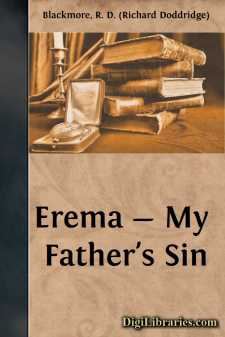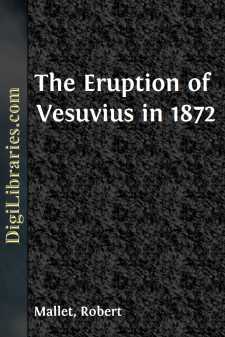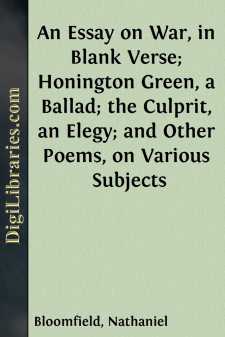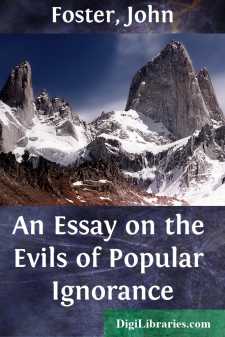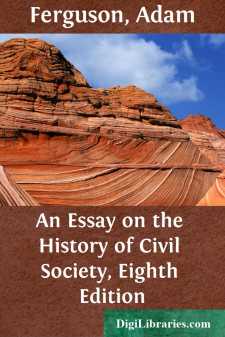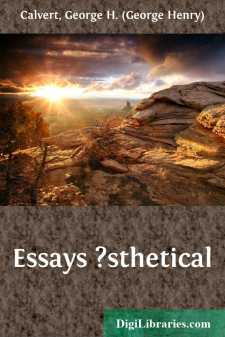Fiction
- Action & Adventure 180
- Biographical 15
- Christian 59
- Classics 6965
- Coming of Age 5
- Contemporary Women 3
- Erotica 8
- Espionage/Intrigue 12
- Fairy Tales, Folklore & Mythology 236
- Family Life 169
- Fantasy 117
- Gay 1
- General 596
- Ghost 32
- Historical 808
- Horror 43
- Humorous 160
- Jewish 25
- Legal 4
- Medical 22
- Mystery & Detective 315
- Political 49
- Psychological 41
- Religious 64
- Romance 159
- Sagas 11
- Science Fiction 730
- Sea Stories 113
- Short Stories (single author) 537
- Sports 10
- Suspense 1
- Technological 8
- Thrillers 2
- Urban Life 31
- Visionary & Metaphysical 1
- War & Military 173
- Westerns 199
Fiction Books
Sort by:
CHAPTER I A LOST LANDMARK "The sins of the fathers upon the children, unto the third and fourth generation of them that hate me." These are the words that have followed me always. This is the curse which has fallen on my life. If I had not known my father, if I had not loved him, if I had not closed his eyes in desert silence deeper than the silence of the grave, even if I could have buried and...
more...
CHAPTER I. "My meaning in't, I protest, was very honest in the behalf of themaid * * * * yet, who would have suspected an ambush where I wastaken?" All's Well that Ends Well, Act iv. Sc. 3. SOME four miles distant from one of our northern manufacturing towns, in the year 18—, was a wide and desolate common; a more dreary spot it is impossible to conceive—the herbage grew up in...
more...
ERNEST LINWOOD. CHAPTER I. With an incident of my childhood I will commence the record of my life. It stands out in bold prominence, rugged and bleak, through the haze of memory. I was only twelve years old. He might have spoken less harshly. He might have remembered and pitied my youth and sensitiveness, that tall, powerful, hitherto kind man,—my preceptor, and, as I believed, my friend. Listen to...
more...
by:
Robert Mallet
The publishers of this little volume, in requesting me to undertake a translation of the "Incendio Vesuviano," of Professor Palmieri, and to accompany it with some introductory remarks, have felt justified by the facts that Signor Palmieri's position as a physicist, the great advantages which his long residence in Naples as a Professor of the University, and for many years past Director of...
more...
ESSAY ON WAR [War for room required by encreased Population.—With Arts of Use and Comfort spring those of War.—Blessings of the Infant State of Society.—Peace cannot last beyond the Infancy of Society.—War defined to preserve the equilibrium of Population.—War between hords of emigrating Stranger Nations.—Invasions on account of violated Women.—Love the strongest and most natural cause of...
more...
by:
John Foster
Advertisement If the circumstance of a manner of introduction somewhat different from what would be expected in a composition of the essay class were worth a very few words of explanation, it might be mentioned, that the following production has grown out of the topics of a discourse, delivered at a public anniversary meeting in aid of the British and Foreign School Society. When it was thought, a good...
more...
by:
Lysander Spooner
CHAPTER I. THE RIGHT OF JURIES TO JUDGE OF THE JUSTICE OF LAWS. SECTION I. For more than six hundred years—that is, since Magna Carta, in 1215—there has been no clearer principle of English or American constitutional law, than that, in criminal cases, it is not only the right and duty of juries to judge what are the facts, what is the law, and what was the moral intent of the accused; but that it...
more...
by:
Adam Ferguson
SECTION I. OF THE QUESTION RELATING TO THE STATE OF NATURE. Natural productions are generally formed by degrees. Vegetables are raised from a tender shoot, and animals from an infant state. The latter, being active, extend together their operations and their powers, and have a progress in what they perform, as well as in the faculties they acquire. This progress in the case of man is continued to a...
more...
by:
John Locke
CHAPTER I. OF WORDS OR LANGUAGE IN GENERAL. 1. Man fitted to form articulated Sounds. God, having designed man for a sociable creature, made him not only with an inclination, and under a necessity to have fellowship with those of his own kind, but furnished him also with language, which was to be the great instrument and common tie of society. Man, therefore, had by nature his organs so fashioned, as...
more...
I. The Beautiful is one of the immortal themes. It cannot die; it grows not old. On the same day with the sun was beauty born, and its life runs parallel with the path of that great beautifier. As a subject for exposition, it is at once easy and difficult: easy, from the affluence of its resources; difficult, from the exactions which its own spirit makes in the use of them. Beauty—what is it? To...
more...


